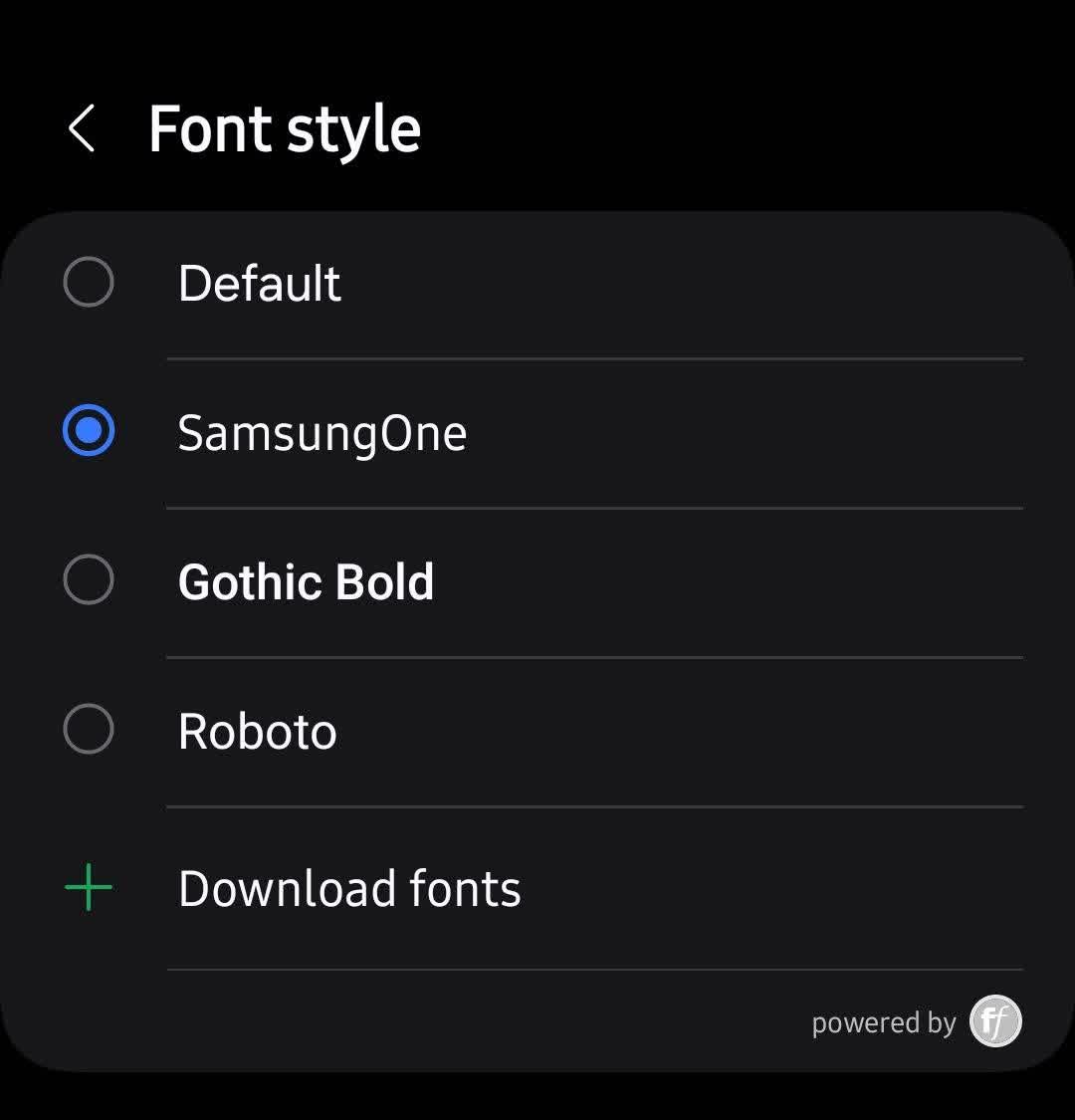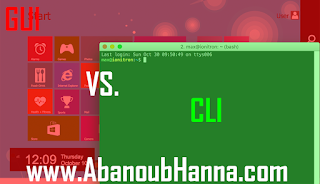
The Best Font for MY Phone
I was using the default font on my Samsung phone, but I tried to change it. The font I settled on is SamsungOne. Why ? 1st party vs 3rd party 🔗 I prefer to use stock experience and first party …
Is the Macbook Air or Pro better ?
Let’s go through some key comparisons between MacBook Pro and Air laptops, then finally deciding which best suits our use case. Intel or Apple’s M 🔗 No need to argue anymore. Choose …
My Youtube videos
My tech videos on YouTube are in Arabic language. Next videos 🔗 explain programming in Go explain programming in Dart developing a website in Laravel developing Android app in Flutter explain …
A digital wallet for business cards - Kart Business Project
KartBusiness is a platform for sharing business cards online. KartBusiness is paperless and digital, so, no need to print cards of paper or plastic. KartBusiness help all people to access contact …
Predictions for the Future of Programming Future in 2030
On May 2019, I wrote my predictions for the future of programming in 2025 . Let’s evaluate my predictions now before talking about my predictions for programming in 2030. evaluation of my 2025 …

GUI vs CLI - comparisons, benefits of each
Too many people consider Graphical user interface (GUI) very beautiful and Command line interface (CLI) awful. The fact is that graphical user interface is easy-to-use, good-looking, .. BUT uses a lot …
How to create a hyperlink to install programs via APT the Linux package manager ?
This is a really elegant way to link to program packages to be installed on Ubuntu directly from software center. It works on all Linux distributions that use APT as their package manager such as …
Choosing Your Desktop Environment: KDE Plasma, GNOME, or XFCE
If you’re new to Linux, you might be wondering about “desktop environments”. They’re basically the look and feel of your computer’s interface – the things you see on the …
Breadcrumbs or a customized back button ? | Web UX & UI
I am wondering, should I create a full breadcrumb like this home > posts > a post title or just a customized back button like this <- see all posts ? Let’s compare! breadcrumbs 🔗 Using …
Your Local Development Environment: Adapt to it or Change it to your liking?
Some programmers tend to stick with a development environment as go with it fully. Either customizing it for their liking or learning and adapting to the environment configuration. But is it better to …